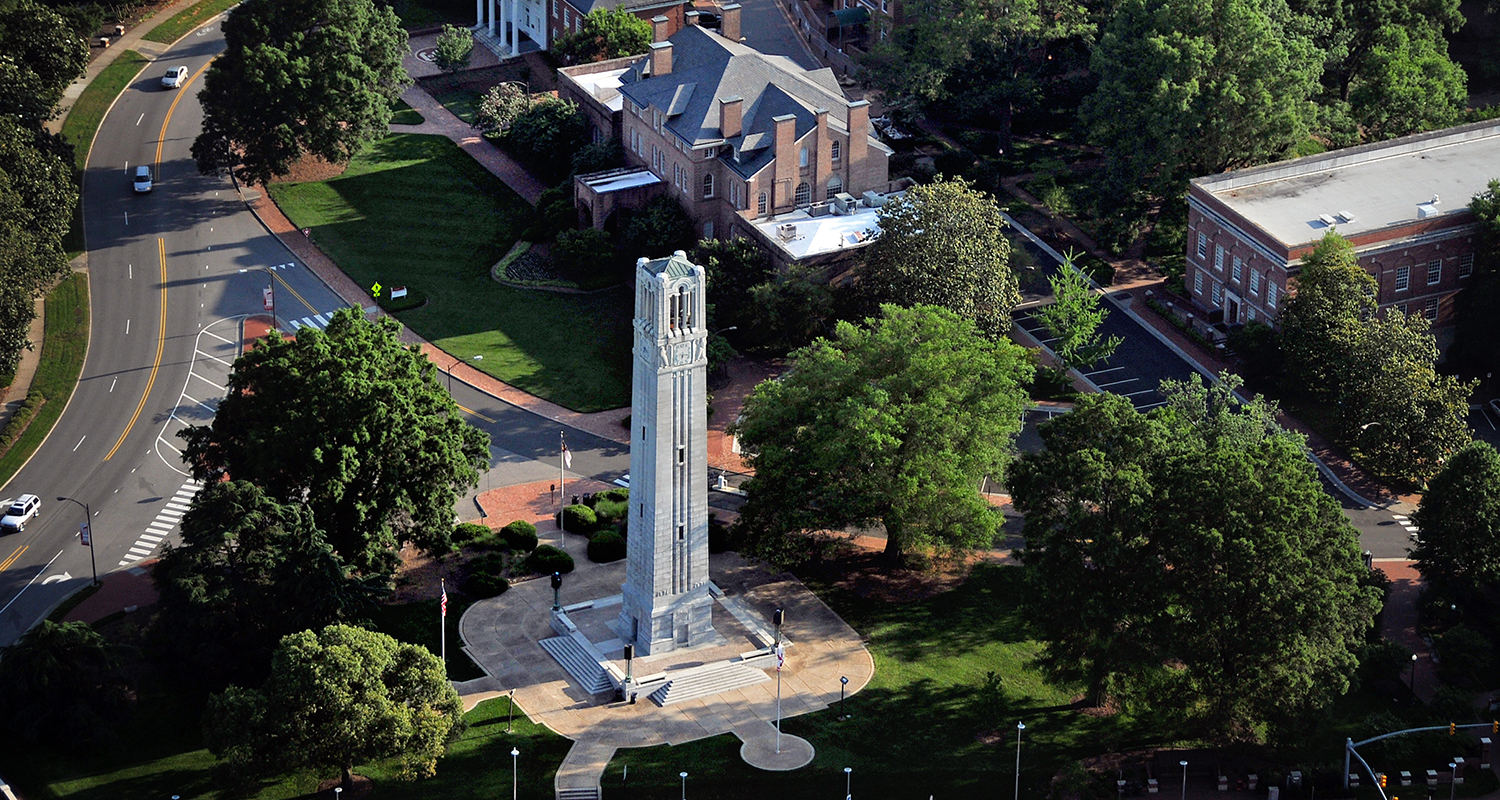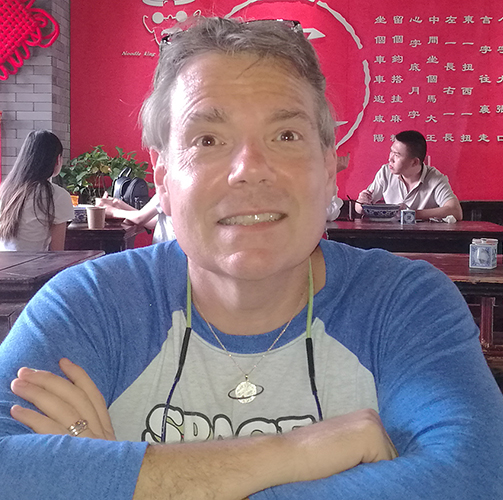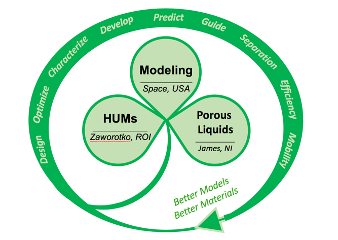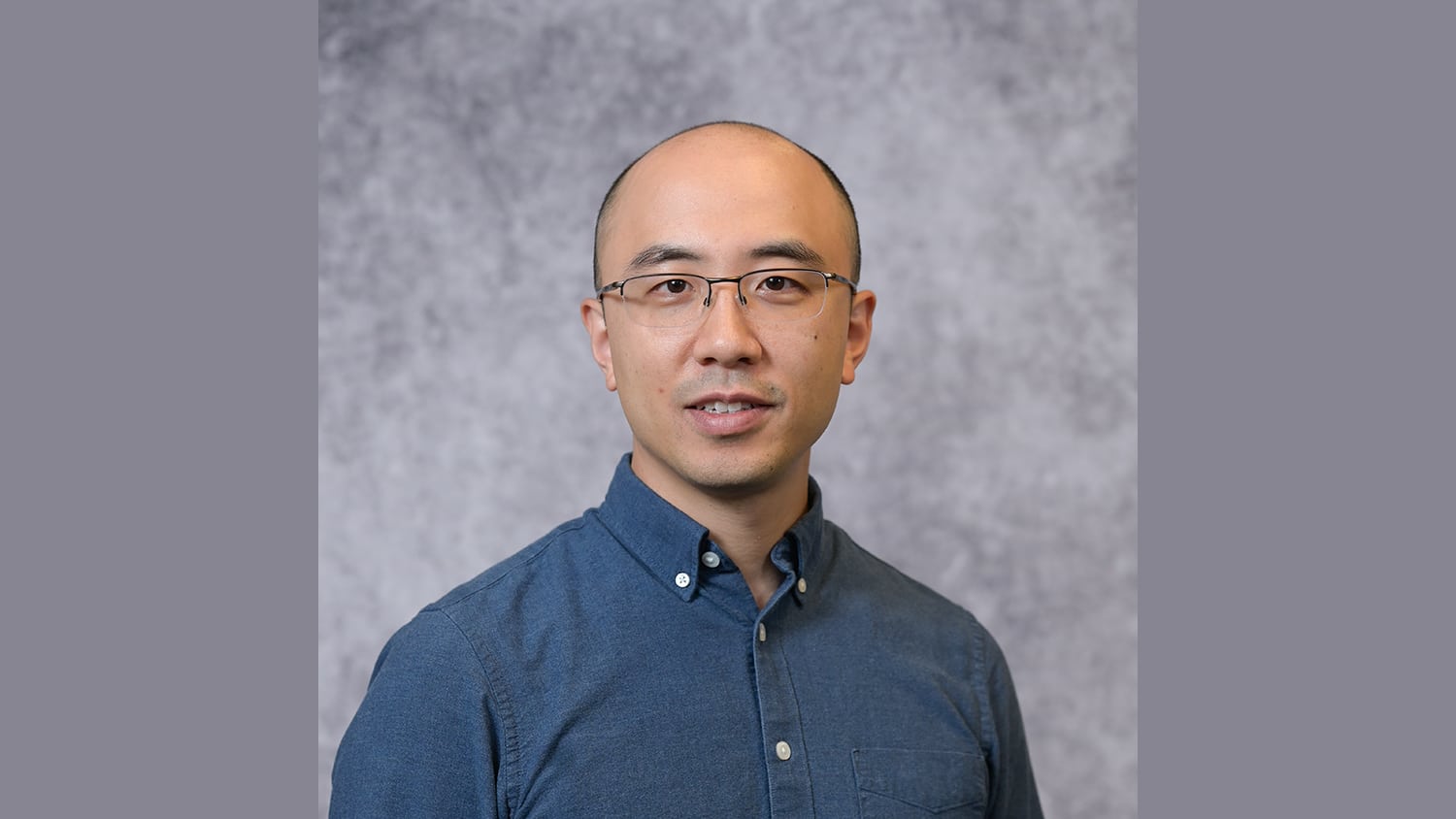AQUASORB: an Innovative Approach to Address the Need for Fresh Water

Brian Space was a Private Investigator on a recent National Science Foundation (NSF) award via the U.S.- Ireland R&D Partnership program, AQUASORB: Predictive Modeling of Atmospheric Water Sorption. The award is part of a joint overall investment of approximately $21 million through a tripartite research and development partnership between the U.S., the Republic of Ireland, and Northern Ireland.
The United States (U.S.), Northern Ireland (NI), and the Republic of Ireland (RoI) have come together to form a unique partnership as a way of increasing the level of collaborative R&D among researchers across the three jurisdictions that will generate innovation and lead to improvements in society. NSF, 2020
The AQUASORB research team will take an innovative approach to the discovery and development of materials for capturing water. The PIs include the Space group at North Carolina State University, the Zaworotko group in Ireland, and the James group in Northern Ireland. The tripartite team seeks to produce superior water sorption materials to address a variety of pressing national and world needs.

Professor and AAAS Fellow
Department of Chemistry
Space explains: “For example, access to fresh water typically occurs from sources such as lakes, rivers, precipitation, glaciers, and groundwater. Unfortunately, conventional water sources are unevenly distributed and, according to the United Nations, by 2025, two out of three people worldwide will be living in a territory facing a freshwater crisis.” Space adds: “Thus, atmospheric water harvesting and dehumidification are the focus problems. Whereas only 0.04% of water exists as atmospheric water, this represents a vast quantity (about 1.29 x 1016 liters!) and is infinitely renewable. Further, humidity control is critically important for industries such as food production, pharmaceuticals, chemical processing, and petroleum refining. Current technologies for dehumidification are energy intensive, using as much as 50% of the energy footprint of air handling systems and consuming 5-10% of global energy production. Driven by insights provided by modeling, the Space group will lead the team to produce transformative materials with our experimental partners to address the need for plentiful fresh water that is renewable, widely available, and inexpensive.”

“The diverse project will provide educational training spanning theoretical modeling, materials synthesis, and the design of systems for practical water harvesting,” Space clarifies. “Students will interact across disciplines and locations developing a powerful skill set for future impactful work in the age of tailor-made materials for grand challenge problems. The aim is to produce and employ modeling that will usefully guide synthetic materials chemists, using the power of high quality, reliable molecular modeling. Simulations, synthesis, and materials evaluation are needed to jointly address sorbent material performance under different conditions. Rational insights will be sought into controlling, harvesting, and manipulating water in porous materials via our experimental/theoretical team, supporting human flourishing on a global scale.”


